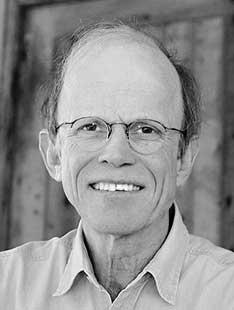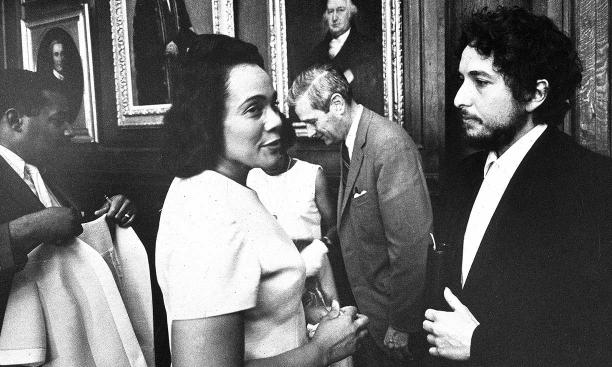


This year’s virtual graduation of the Class of 2020 might seem to be the most unusual of all Princeton commencements. But go back 50 years: On June 9, 1970, the Class of 1970 gathered under the elms in front of Nassau Hall for a most extraordinary graduation.
One reason is that the graduating class included eight women — for the first time. They had transferred to Princeton the previous fall with the advent of coeducation and 10 months later would become Princeton’s first female A.B. graduates.

The men and women of ’70 had disdained wearing traditional academic gowns at graduation as part of their yearlong protest against the Vietnam War. It was the year of the Hickel Heckle, the student strike, the teach-in in Dillon Gym, and the protests at the off-campus Institute for Defense Analyses.
Under (and in) the trees in front of Nassau Hall was a group of uninvited visitors. This was the periodic cohort of approximately 1 million blueish-black cicadas with beady red eyes, hard orange-and-black shells and wings, and a vocal presence. It was Brood X of the 17-year cicadas (Magicicada septendecim) cacophonously announcing their return for the first time since 1953.
They would soon become the nation’s best-known cicadas because they would be celebrated by an unlikely troubadour. Sitting on the stage in front of Nassau Hall was an array of honorary-degree recipients, which included the columnist Walter Lippmann, civil-rights leader Coretta Scott King, and ... Bob Dylan.Dylan grew visibly uneasy during the ceremony, especially when the University orator fulsomely bellowed, “Although he is now approaching the perilous age of 30, his music remains the authentic expression of the disturbed and concerned conscience of young America.”
I saw all of this up close since, as the then-editor of PAW, I assigned myself the story. When the ceremony began I wandered around those seated in the audience until I found Dylan’s entourage: the singer David Crosby sitting with Dylan’s wife, Sara. Both of them seemed amused by Dylan’s apparent discomfort onstage. He had initially refused to wear a gown and mortarboard to show his support for the students.
Perhaps to Dylan’s liking, however, the orator’s words were mostly drowned out by the multi-decibel racket of the cicadas’ mating calls. Later that year, in his album New Morning, Dylan released his song “Day of the Locusts,” about the cicadas:
Yeah, the locusts sang, it gave me a chill,
Oh the locusts sang such a sweet melody
Oh, the locusts sang their high whining trill
Yeah, the locusts sang, and they were singing for me.
After the ceremony, the Class of ’70 marched out through the FitzRandolph Gate, opened for the first time for the graduating class. The honorary-degree recipients gathered in the Faculty Room in Nassau Hall to have their official portrait taken. I took the opportunity to ask Dylan an innocuous question. “I don’t wanna talk about it,” he replied, as he did to every other journalist who approached him. Instead, as his song relates:
I put down my robe
Picked up my diploma
Took hold of my sweetheart and away we did drive
Straight to the hills, the black hills of Dakota
Sure was glad to get out of there alive.
Dylan would later accept an honorary degree from the University of St. Andrews in Scotland as well as the 2016 Nobel Prize in Literature. Poetically, Brood X of Magicicada septendecim will return to Princeton next year, as it does every 17 years, to serenade 1970’s grandchild class, the Class of 2020, at its postponed on-campus Commencement. Some early arrivals may be here already, trying out their “sweet melody.”